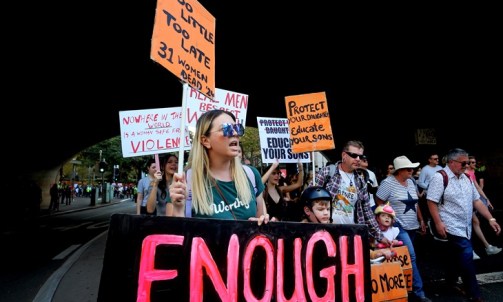‘War is the realm of uncertainty’, said the Prussian military analyst Carl von Clausewitz, and this would seem to apply very well to affairs in Russia at the moment. Following September’s shock ‘partial mobilisation’, rumours have swirled around since of another mass-mobilisation due imminently. Having got Russian New Year (the country’s main December celebration) out of the way, there were fears that Putin might announce the conscription of several hundred thousand more men.
Already a subscriber? Log in
Subscribe for just $2 a week
Try a month of The Spectator Australia absolutely free and without commitment. Not only that but – if you choose to continue – you’ll pay just $2 a week for your first year.
- Unlimited access to spectator.com.au and app
- The weekly edition on the Spectator Australia app
- Spectator podcasts and newsletters
- Full access to spectator.co.uk
Or




















Comments
Don't miss out
Join the conversation with other Spectator Australia readers. Subscribe to leave a comment.
SUBSCRIBEAlready a subscriber? Log in